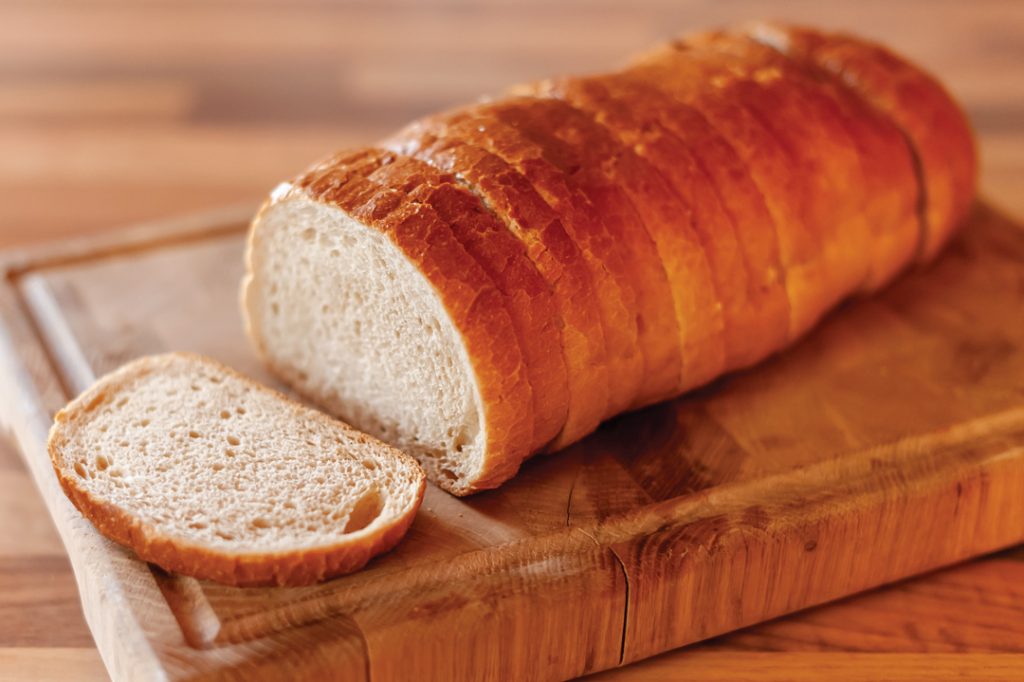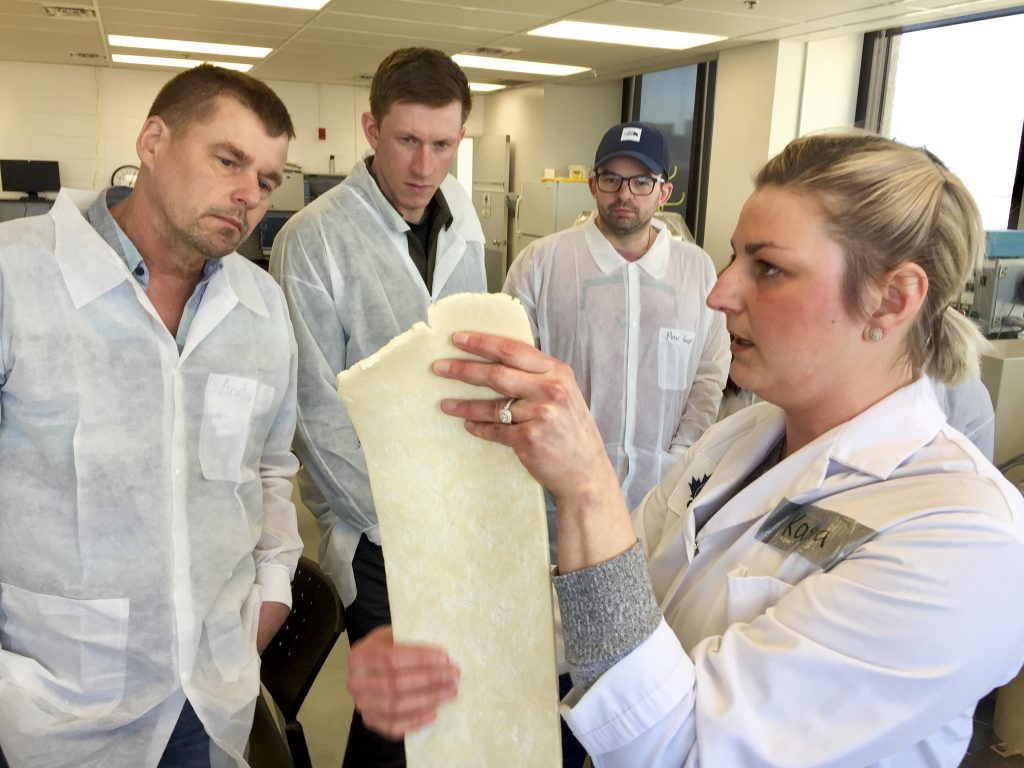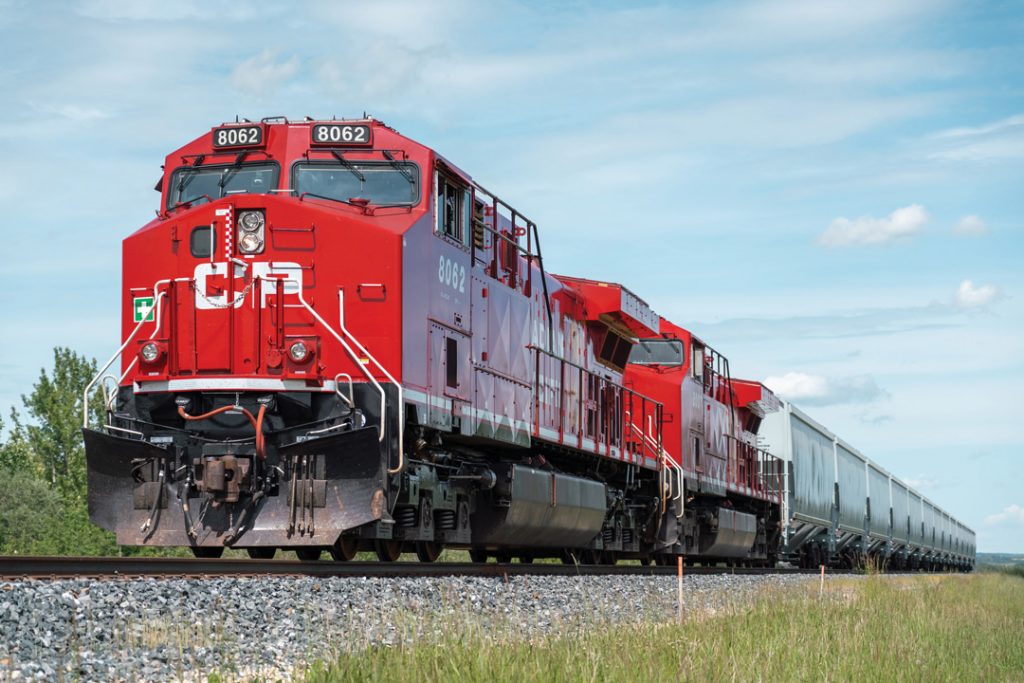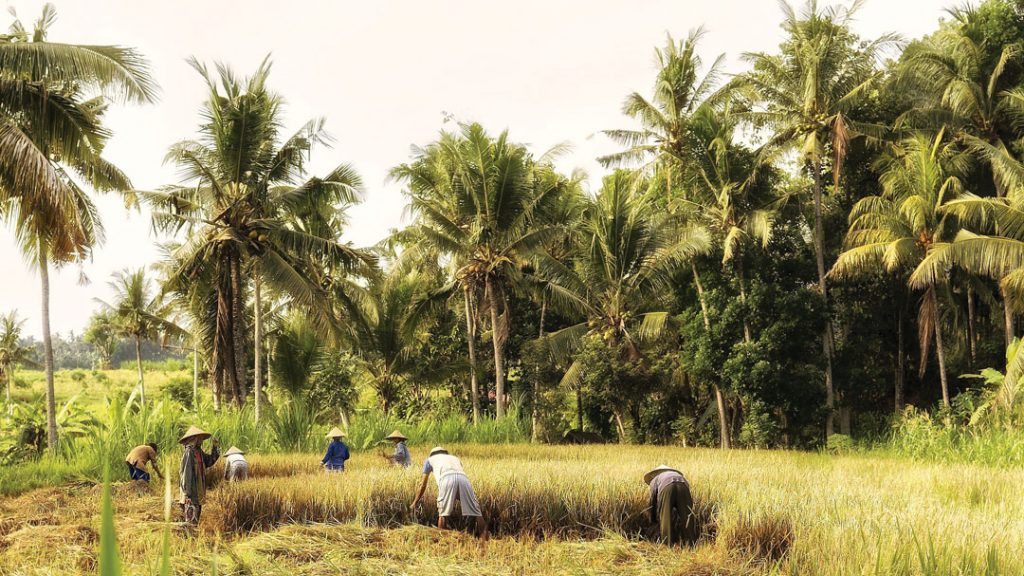ROLL WITH THE PUNCHES
The net result of combined low carry-in stocks, the severe drought of 2021 and record high prices for feed barley has been a supply crunch that has made it difficult for North American maltsters to source sufficient supplies. The available barley generally has quality challenges that include very high protein content and reduced germination caused by 2021 weather conditions. We now have greater perspective on how the malting and brewing industries are dealing with the challenges associated with the less-than-optimal crop.










